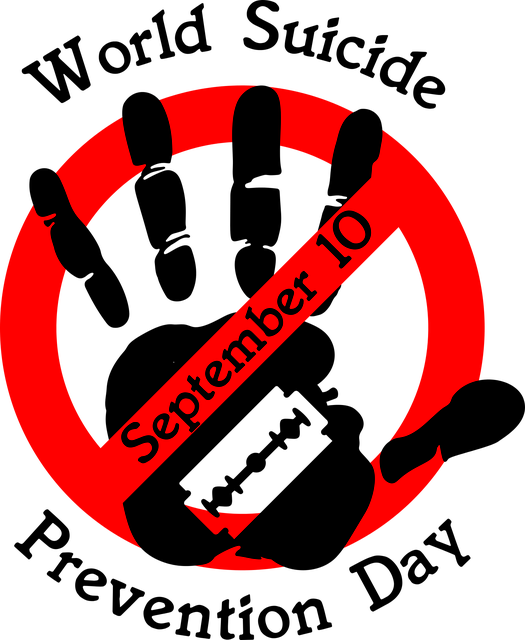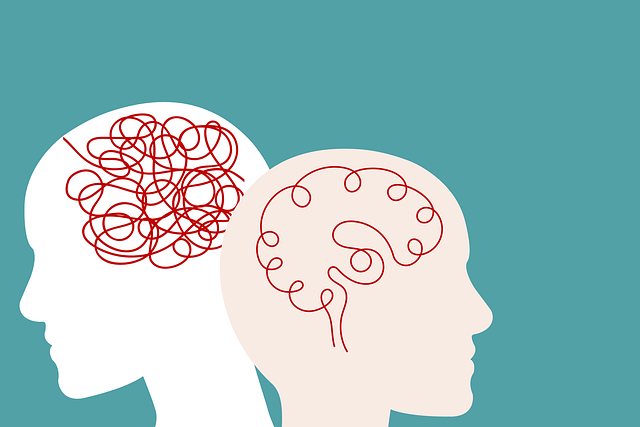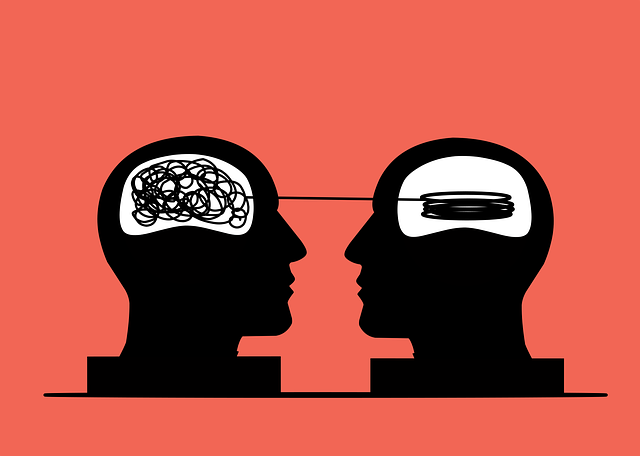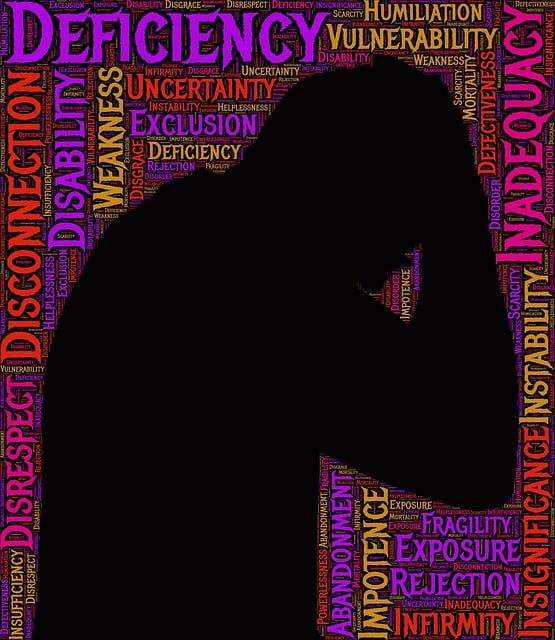Boulder Alcohol Abuse Therapy highlights the significance of group dynamics in mental wellness support. Effective facilitation requires creating an inclusive, safe space where participants share openly about their unique journeys with anxiety, depression, and substance abuse. Open communication, active listening, and non-judgmental attitudes foster a supportive community, enhancing resilience and coping mechanisms through peer experiences. Holistic approaches, including risk assessments and interactive activities, prioritize individual inner strength development, while conflict resolution techniques and crisis intervention guidance ensure calm, productive group discussions for better mental wellness outcomes.
In today’s digital era, mental wellness group facilitation plays a pivotal role in supporting individuals navigating challenges like Boulder Alcohol Abuse Therapy. This article explores dynamic techniques for facilitators aiming to create safe spaces. We delve into understanding group dynamics, mastering communication strategies, fostering supportive environments, and addressing unique challenges. By employing these evidence-based practices, facilitators can enhance healing and empower participants on their journeys towards mental wellness.
- Understanding Mental Wellness Group Dynamics
- Effective Communication Strategies for Facilitators
- Techniques to Foster a Supportive Environment
- Addressing Challenges and Promoting Healing
Understanding Mental Wellness Group Dynamics

Understanding the dynamics of a mental wellness group is paramount for effective facilitation. These groups often bring together individuals facing various challenges, from anxiety and depression to substance abuse issues like Boulder Alcohol Abuse Therapy. Recognizing that each participant has a unique journey fosters an inclusive environment. Facilitators must navigate these diverse experiences, ensuring everyone feels heard without judgment.
Group dynamics play a crucial role in emotional healing processes, where open communication encourages participants to share their struggles and successes. This support system, often facilitated through public awareness campaigns development and resilience building exercises, allows members to understand they are not alone in their mental health journeys. Through these interactions, individuals can develop coping mechanisms, gain insights from peers’ experiences, and cultivate a sense of community.
Effective Communication Strategies for Facilitators

Effective communication is a cornerstone for successful group facilitation, especially when addressing sensitive topics like mental wellness and recovery from alcohol abuse, similar to what Boulder Alcohol Abuse Therapy offers. Facilitators must cultivate an open and inclusive environment where every participant feels heard and respected. Active listening becomes paramount; it involves giving undivided attention, paraphrasing, and asking clarifying questions to ensure understanding and foster a safe space for vulnerable individuals.
Additionally, facilitators should employ clear and concise language tailored to the group’s dynamics and cultural backgrounds. Encouraging honest dialogue while maintaining confidentiality is crucial, especially when discussing trauma (Trauma Support Services) or exploring personal struggles. By combining these communication strategies with appropriate Stress Reduction Methods, mental health professionals can effectively navigate complex conversations, manage emotional intensity, and promote a supportive atmosphere conducive to healing and growth, thereby mitigating potential risks (Risk Assessment for Mental Health Professionals).
Techniques to Foster a Supportive Environment

Creating a safe and supportive environment is essential for effective mental wellness group facilitation. Techniques such as active listening, empathy, and non-judgmental attitudes encourage participants to open up and share their experiences. Facilitators should also incorporate interactive activities that promote collaboration and trust among group members. Using exercises like role-playing scenarios or group discussions on shared topics can help build a sense of camaraderie and understanding.
In Boulder Alcohol Abuse Therapy settings, fostering a supportive environment goes beyond words; it involves structuring sessions to minimize power imbalances between facilitators and participants. Conducting regular risk assessments for mental health professionals ensures that everyone’s inner strength development and resilience building are prioritized. This holistic approach not only enhances the therapeutic experience but also encourages participants to cultivate their own coping mechanisms, ultimately leading to better mental wellness outcomes.
Addressing Challenges and Promoting Healing

In facilitating mental wellness groups, one of the primary objectives is to create a safe and supportive space where individuals can confront and overcome personal challenges, particularly in areas such as Boulder Alcohol Abuse Therapy. This involves addressing underlying issues that contribute to mental health struggles, fostering open dialogue, and teaching effective communication skills. By employing Conflict Resolution Techniques, group facilitators can mediate discussions, helping members navigate difficult conversations without escalating tension.
Additionally, providing Crisis Intervention Guidance is crucial in managing sudden emotional outbreaks or traumatic disclosures. These techniques ensure that participants receive immediate support while learning healthy coping mechanisms. Mental Health Awareness plays a pivotal role in understanding individual experiences and promoting empathy within the group, fostering an environment where everyone feels heard and validated.
Group facilitation plays a pivotal role in enhancing mental wellness, offering a supportive space for individuals to heal and grow. By implementing effective communication strategies, fostering inclusive environments, and addressing challenges head-on, facilitators can create a transformative experience. The techniques discussed, including active listening and creative problem-solving, empower facilitators to guide groups towards positive outcomes, much like Boulder Alcohol Abuse Therapy focuses on personalized healing journeys. Ultimately, these practices contribute to building strong, supportive communities that promote mental well-being.












